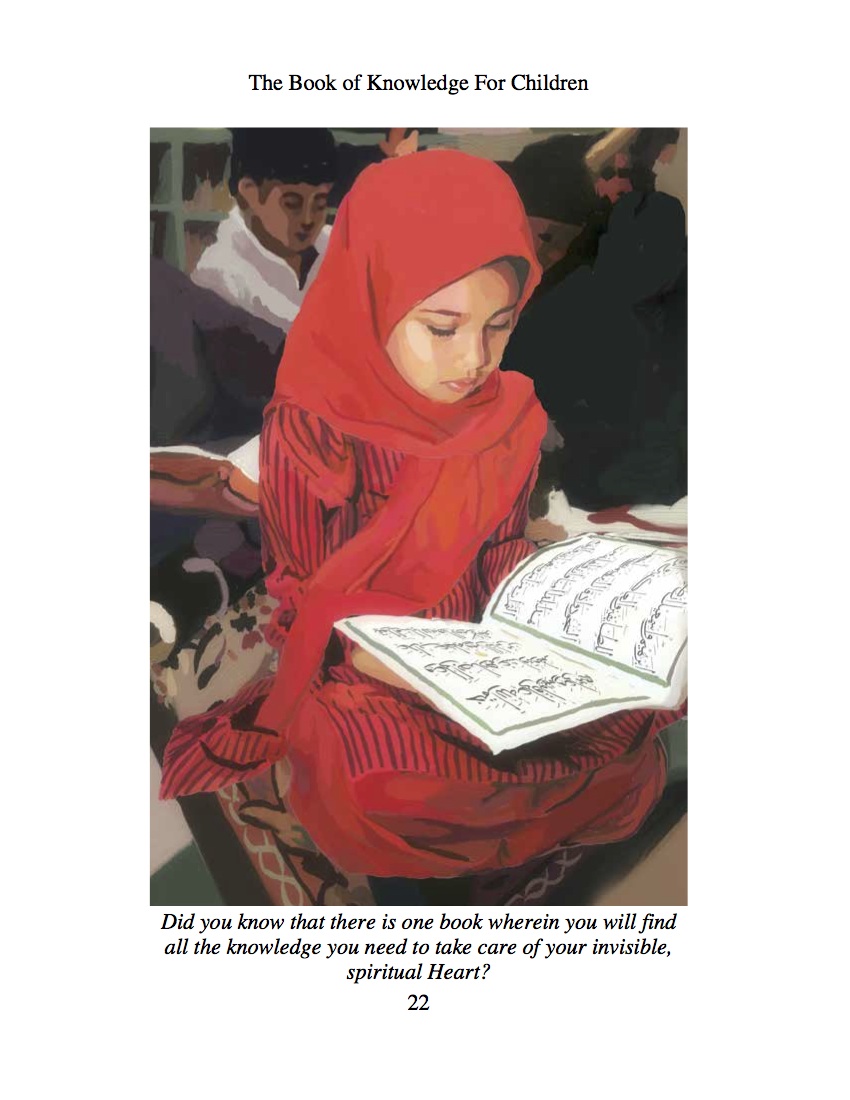

Naturally, there is no single unified position among the ulama, and thus we observe the emergence of two distinct camps: counter-revolutionary scholars championing authoritarianism versus the pro-revolutionary scholars campaigning for democracy.Īl-Azami provides a thorough account of the activity of a few prominent scholars involved in ‘ ulama activism’ during the Egyptian uprisings, including Yusuf Al-Qaradawi, Ali Gomaa, Ahmed Al-Tayyeb, Ali Jifri, Abdullah Bin Bayyah and Hamza Yusuf. Yet a largely unexamined demographic whose influence permeates through both parties is the scholarly class. In the context of Egypt, the focus is usually split between its autocratic regime and those protesting it.

The last decade has been a formative period for many Muslims, with the Arab revolutions shaping lives, worldviews and politics. Islam and the Arab Revolutions: The Ulama Between Democracy and Autocracy | Usaama Al-Azami This book provides a window of insight into the origins of principles and norms we adhere to as Muslims today.Ĭanonization, in the sense employed here, transcends the mere codification of sacred texts in fixed textual form and focuses instead on the relationship of the Muslim community to these texts as sources of religious norms. The transformation of Islamic legal discourse and norms, as well as the style of engagement between scholars of the past, demonstrates the sophistication and dynamic nature of the Shari’ah. It places a particular focus on the concept of canonization: the affirmation of the inherent authority and accessibility of the Islamic textual sources (the Qur’an and Sunnah), independent of communal practice and living tradition.Ī hallmark of El Shamsy’s writing is his ability to give life to historical figures through humanized depictions in an otherwise information-dense academic text.


The book gives a historical backdrop to the emergence of the Shafi’i school of jurisprudence, from the early usuli debates, to social upheaval in Egypt, to the Quranic Inquisition ( mihnat al-qur’an). The Canonization of Islamic Law: A Social and Intellectual History | Ahmed El ShamsyĪhmed El Shamsy writes a legal, social, and political history in The Canonization of Islamic Law, all centered around the life and legacy of Imam Abu Idris Al-Shafi’i, may Allah have mercy on him. Knowledge without action is insanity, and action without knowledge is vanity. With acutely relevant narrations from the Prophet ﷺ included at every turn, Ayyuhal Walad refreshes the mind and shines a light on the path to success in this life and the next. Counsels on companionship, spiritual guidance, the use of ration and devotion highlight the importance of one’s social and intellectual environments for gaining closeness to God. Directives to guard the night prayer, engage in dhikr (remembrance of Allah), du’a (supplication) and da’wah (calling people to Islam) give much needed motivation to perfect the daily routines of worship. Yet far from expanding on the intricacies of fiqh or theology, the recommendations of the Imam are simply wisdoms relevant to every Muslim, young or old.ĭivided into 24 brief counsels, reflections on the importance of time, intention, death and contemplation for the believer encourage the readers to assess the current state of their heart. The original recipient of this monograph was a senior student of Imam Ghazali the book is invaluable as a record of the interaction between one of the ummah‘s greatest teachers and his esteemed disciple. The epochal Ayyuhal Walad is designed to be read repeatedly throughout one’s life, comprising short yet eloquent advice that provides the perfect stimulus for reflection.


 0 kommentar(er)
0 kommentar(er)
